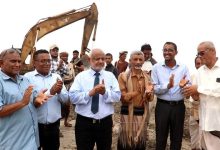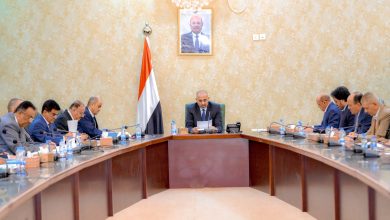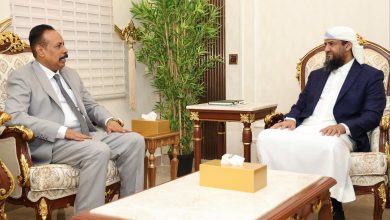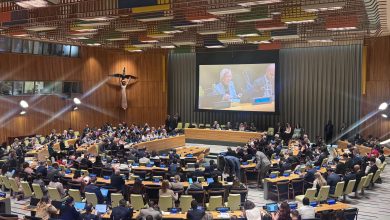The Cabinet discusses current developments and service conditions, reviewing a report from the Central Bank.
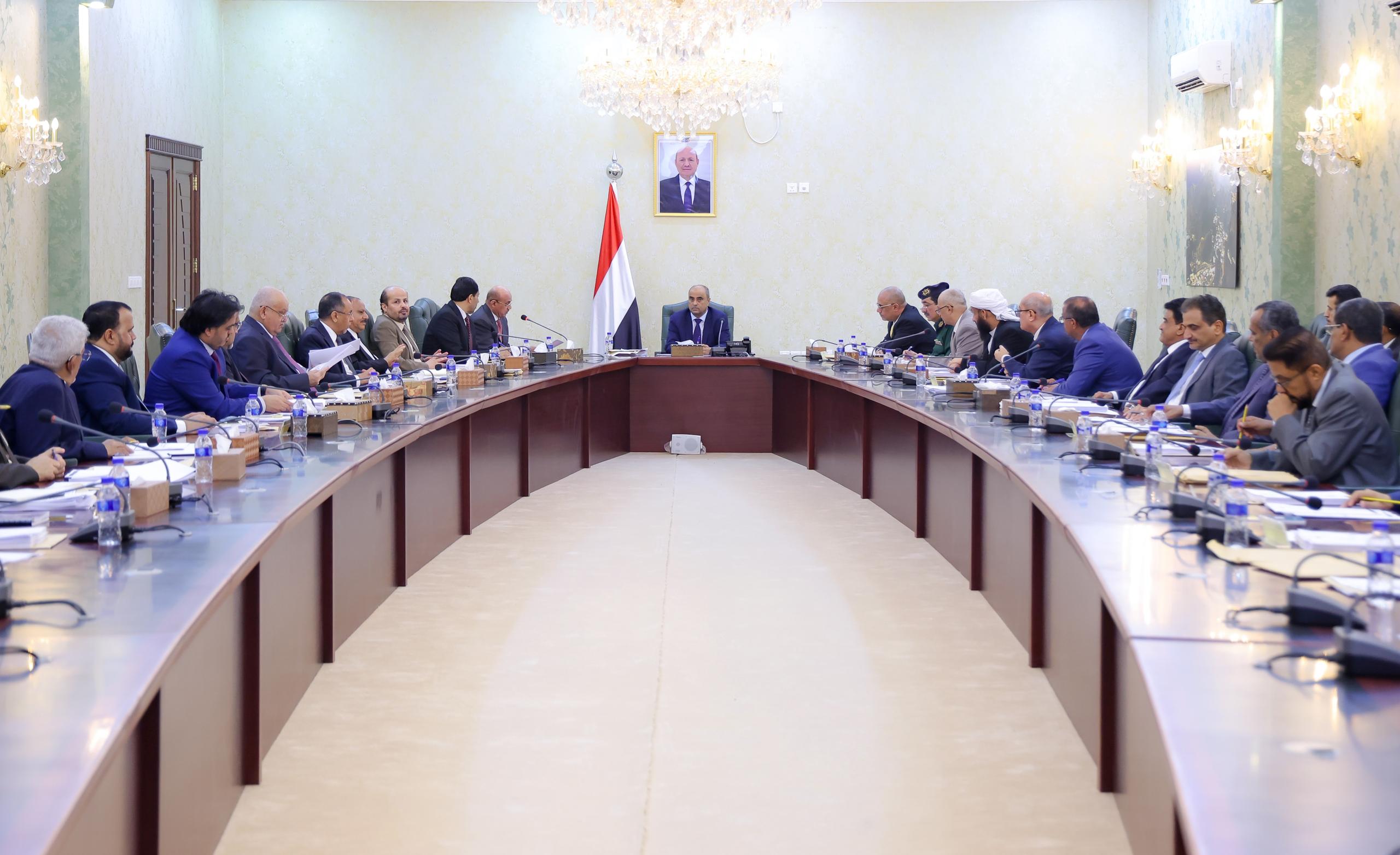
Prime Minister Leads Cabinet Meeting in Aden
On Wednesday, Prime Minister Salem Saleh bin Brek chaired a regular meeting of the Cabinet in Aden, focusing on current national and regional developments. The discussions addressed political, military, security, economic, and service-related challenges facing the state and its institutions, as well as efforts to tackle these issues.
Central Bank Governor Presents Economic Report
During the meeting, the Cabinet welcomed Central Bank Governor Ahmed Ghaleb and his team to discuss the coordination between fiscal and monetary policies. The aim was to stabilize the national currency, enhance public revenues, control expenditures, and implement reforms that positively impact citizens’ lives.
Governor Ghaleb presented a comprehensive report on the economic, financial, and monetary conditions from January to June 2025. This report highlighted key indicators, monetary policies, and institutional reforms within the bank. He noted the measures taken to activate monetary policy tools, particularly during periods of currency depreciation, and emphasized the importance of halting any new currency issuance.
Enhancing Financial Oversight and Partnerships
Ghaleb also announced the successful transfer of the entire banking system to Aden. The Central Bank is currently restructuring its unified network to improve oversight and compliance. Additionally, the bank is implementing payment systems with support from the World Bank, aiming to digitize banking operations and enhance financial inclusion.
The report included recent actions to curb speculation and control currency exchange rates. The Central Bank has suspended numerous non-compliant exchange companies, contributing to a noticeable improvement in the Yemeni rial’s value. Ghaleb proposed urgent reforms agreed upon with donors to boost revenues and rectify state resource collection mechanisms.
Government Support for Central Bank Initiatives
The Cabinet expressed its support for the Central Bank’s initiatives and stressed the importance of monitoring their implementation. This support aims to restore balance to the national currency and improve its value against foreign currencies. The Cabinet emphasized the need to capitalize on the currency’s improvement by tightening oversight on essential goods prices and ensuring that this financial progress directly benefits citizens.
Coordinated Efforts to Address Economic Challenges
The meeting also discussed coordinated interventions between the government and the Central Bank to address declining public revenues due to terrorist attacks on oil export ports. The Cabinet approved several measures to maintain relative stability in the national currency and ensure the timely payment of employee salaries and the continuity of essential services.
Transparency and Accountability in Revenue Collection
Regarding statements attributed to the Central Bank Governor about 147 revenue institutions not remitting funds, the Cabinet clarified that most of these institutions are inactive or have frozen accounts. The government will take necessary legal and administrative actions against any institution that fails to comply with remittance obligations. The Cabinet plans to publish the names of these institutions to promote transparency and correct any misconceptions regarding the government’s financial discipline efforts.
Commitment to Financial and Monetary Policy Integration
Prime Minister bin Brek emphasized the need for a cohesive relationship between fiscal and monetary policies. He urged all parties to take responsibility and work towards correcting imbalances in the current economic situation. The Prime Minister acknowledged the extraordinary challenges facing the country but insisted that these should not serve as excuses for inaction.
Addressing Service Conditions in Aden and Beyond
The Cabinet extensively discussed service conditions in Aden and other liberated provinces, particularly the public’s legitimate demands due to deteriorating basic services, especially electricity. The Cabinet directed relevant ministries to intensify efforts to implement urgent response plans that include immediate solutions for service improvements alongside sustainable structural reforms.
Support for Stability in Hadhramaut
The Cabinet also addressed ongoing protests in Hadhramaut, emphasizing that legitimate public demands should drive performance improvement rather than be exploited for political gain. The Cabinet reaffirmed its full support for the Presidential Leadership Council’s efforts to stabilize Hadhramaut and urged its residents to maintain security and stability in the region.
Conclusion
In conclusion, the Cabinet’s meeting underscored the importance of coordinated efforts to address Yemen’s pressing economic and service-related challenges. The Prime Minister called for unity and a collective response to ensure the well-being of citizens and the nation’s recovery.
To follow the news in Arabic

